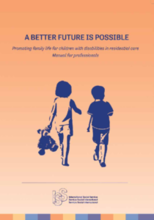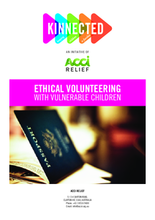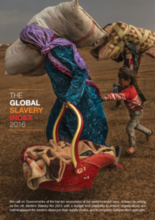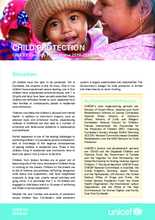Displaying 1031 - 1040 of 1511
This manual provides guidance to professionals who work with children with disabilities in residential care.
This volume of the Scottish Journal of Residential Child Care includes a collections of articles, reflections and reviews covering a wide range of subjects from taking a fresh look at leaving care interactions, to exploring the role of storytelling in social care practice.
This article studies different medical and psychological models of orphanhood and the effects these models have on the resiliency of orphanhood.
In this chapter of Global Perspectives, Jorge F. del Valle and Amaia Bravo discuss the history and state of residential child care in Spain including the transitions that occurred in the 1980s and 1990s. They also discuss types of residential care programs and qualifications of residential care staff. Del Valle and Bravo review recent literature in the area and discuss current challenges in Spanish residential care.
Without careful consideration and awareness of the broader issues, good intentions could contribute to the exploitation and vulnerability of the children we seek to help.
This year’s report on Global Slavery makes reference to orphanage tourism in the context of Cambodia.
This chapter from Residential Child and Youth Care in a Developing World: Global Perspectives, First Edition discusses how residential care has evolved and how it currently exists in the English-Speaking Caribbean.
This brief from UNICEF Cambodia describes UNICEF's plans and programs regarding child protection.
This fact sheet highlights Austria’s process in transforming institutional care towards community-based and family-based systems.
As part of phase one of the development of the Martin James Foundation's Asia Care Network, comprehensive studies of the care system in each country were conducted to highlight the need for developing alternative care systems across South-East Asia. This case study highlights the relevant data from the Philippines.






